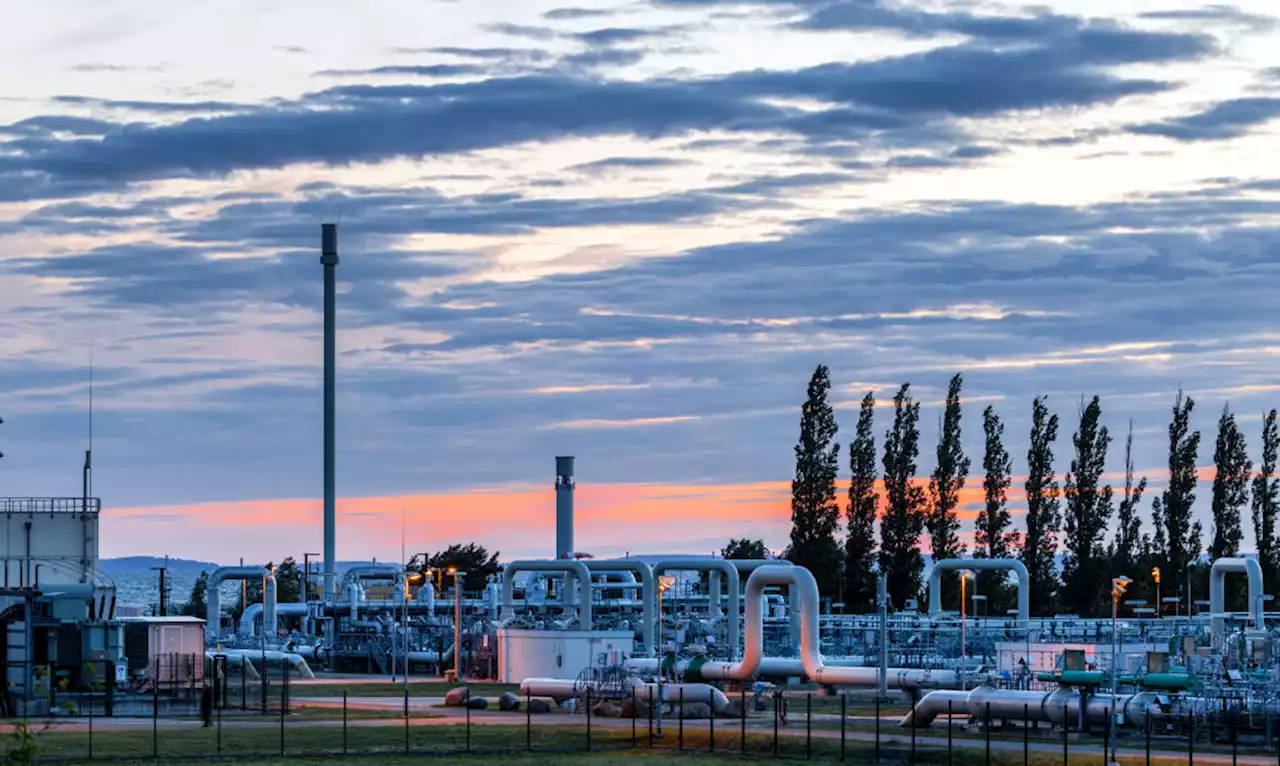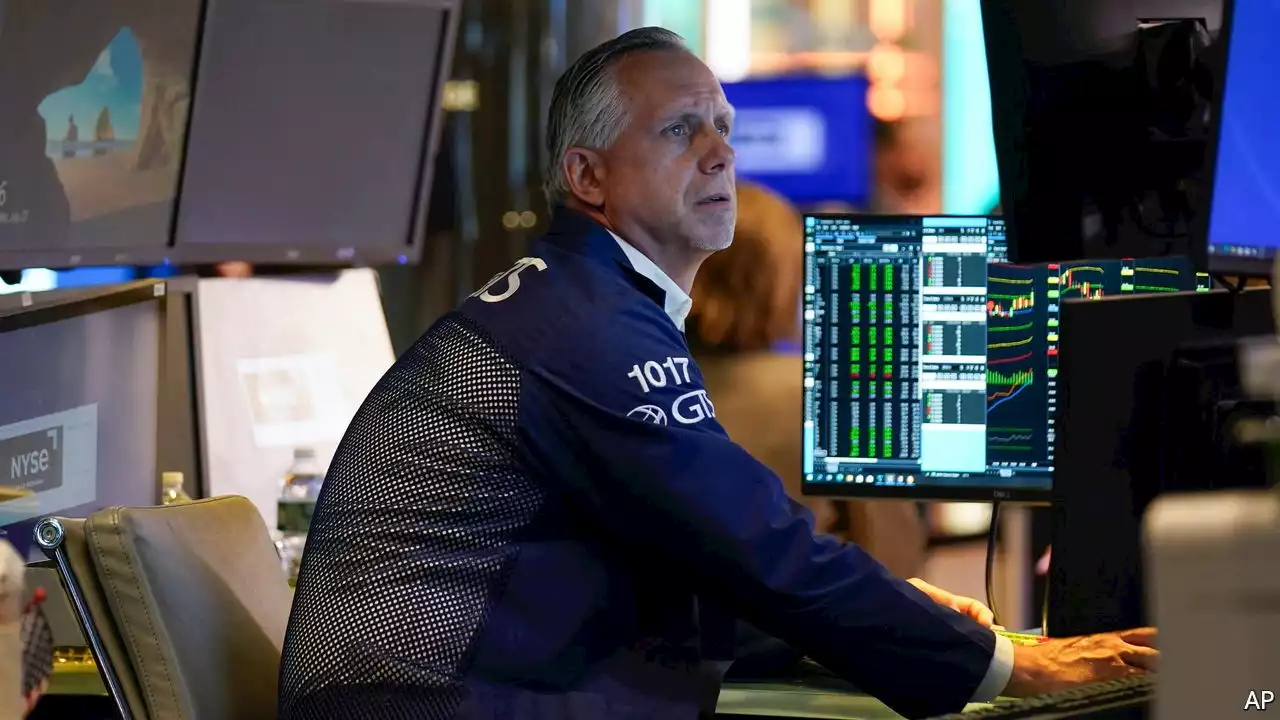With the cost of oil soaring since Russia’s invasion of Ukraine in February, and with prices rising more generally, a string of governments across Latin America have introduced or increased subsidies on fuel to assuage protesters, or pre-empt them
Save time by listening to our audio articles as you multitaskPanama is far from alone. . To end almost three weeks of disorder, in which seven people died last month, Ecuador’s pro-market president, Guillermo Lasso, granted subsidies on fuel and fertilisers. These subsidies are worth around 0.8% ofBrazil’s right-wing president, Jair Bolsonaro, who is seeking a second term at an election in October, has been pressing Petrobras, the state-controlled oil giant, to cut prices.
It is not hard to see why governments are so sensitive to the price of fuel. Latin America is a region of long distances in which roads are paramount in the movement of both goods and people. In Venezuela in 1989 an abrupt decision by Carlos Andrés Pérez, shortly after his lavish inauguration as president, to double the petrol price triggered days of rioting that cost some 400 lives.
While across-the-board fuel subsidies may be good politics, they are bad policy. Since the better-off consume more petrol than the poor, they do nothing to reduce inequality. And they run counter to the region’s commitments to reduce fossil-fuel use to combat climate change. It would be better to blunt the impact of inflation through targeted handouts to poorer citizens, but these lack the political impact of price caps.
Many governments will find it hard to afford higher fuel subsidies for long. While they may help with inflation, they add to deficits. Latin America’s recovery from the pandemic slump was stronger than many expected, partly because of higher prices for its exports of oil, metals and foodstuffs. Thethis week raised its forecast for growth in the region this year to 3%, from 2.5%. But the going is getting rougher: the fund cut its projection for next year by a similar amount, to 2%.
Fiscal worries are “surfacing again and will become uglier in the second half of this year”, says William Jackson of Capital Economics, a consultancy. Apart from those in Argentina and perhaps Ecuador, governments do not face immediate financing problems, he says. “But at some point the region will have to carry out a fiscal adjustment.” The political leaders will hope that by then oil prices are falling again.
Ireland Latest News, Ireland Headlines
Similar News:You can also read news stories similar to this one that we have collected from other news sources.
 How Germany Is Preparing for a Looming Energy CrisisGermany has long been dependent on Russian gas for its energy needs. What happens if, heading into the winter, Russia cuts off the gas entirely? German leaders are scrambling to prepare for that possibility and the larger energy crisis it could trigger
How Germany Is Preparing for a Looming Energy CrisisGermany has long been dependent on Russian gas for its energy needs. What happens if, heading into the winter, Russia cuts off the gas entirely? German leaders are scrambling to prepare for that possibility and the larger energy crisis it could trigger
Read more »
 Forget the G-Fuel collab, one of Twitch's most popular streamers is now doing artisanal mustardKripparian's achievement-based condiment won't help your energy levels, but does sound delicious.
Forget the G-Fuel collab, one of Twitch's most popular streamers is now doing artisanal mustardKripparian's achievement-based condiment won't help your energy levels, but does sound delicious.
Read more »
 The silver linings of a recessionThe last time the Fed tightened monetary policy so dramatically, in the early 1980s, prices had more than doubled over the previous decade. Today the figure is only 29%
The silver linings of a recessionThe last time the Fed tightened monetary policy so dramatically, in the early 1980s, prices had more than doubled over the previous decade. Today the figure is only 29%
Read more »
 Households to get £66 energy payment instalments under new plansThe Government has confirmed details for how its £400 energy payments for all households this winter
Households to get £66 energy payment instalments under new plansThe Government has confirmed details for how its £400 energy payments for all households this winter
Read more »
 How To Get The £400 Energy Rebate – Plus Other Cost Of Living SupportAll households can get energy bill support – and some are also eligible for an extra £650.
How To Get The £400 Energy Rebate – Plus Other Cost Of Living SupportAll households can get energy bill support – and some are also eligible for an extra £650.
Read more »
